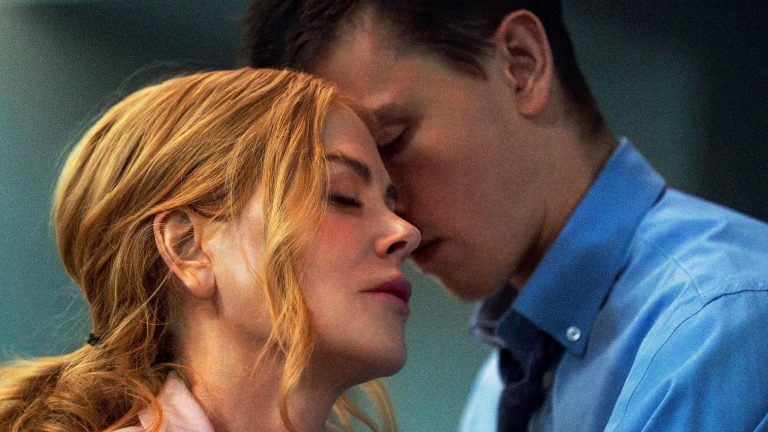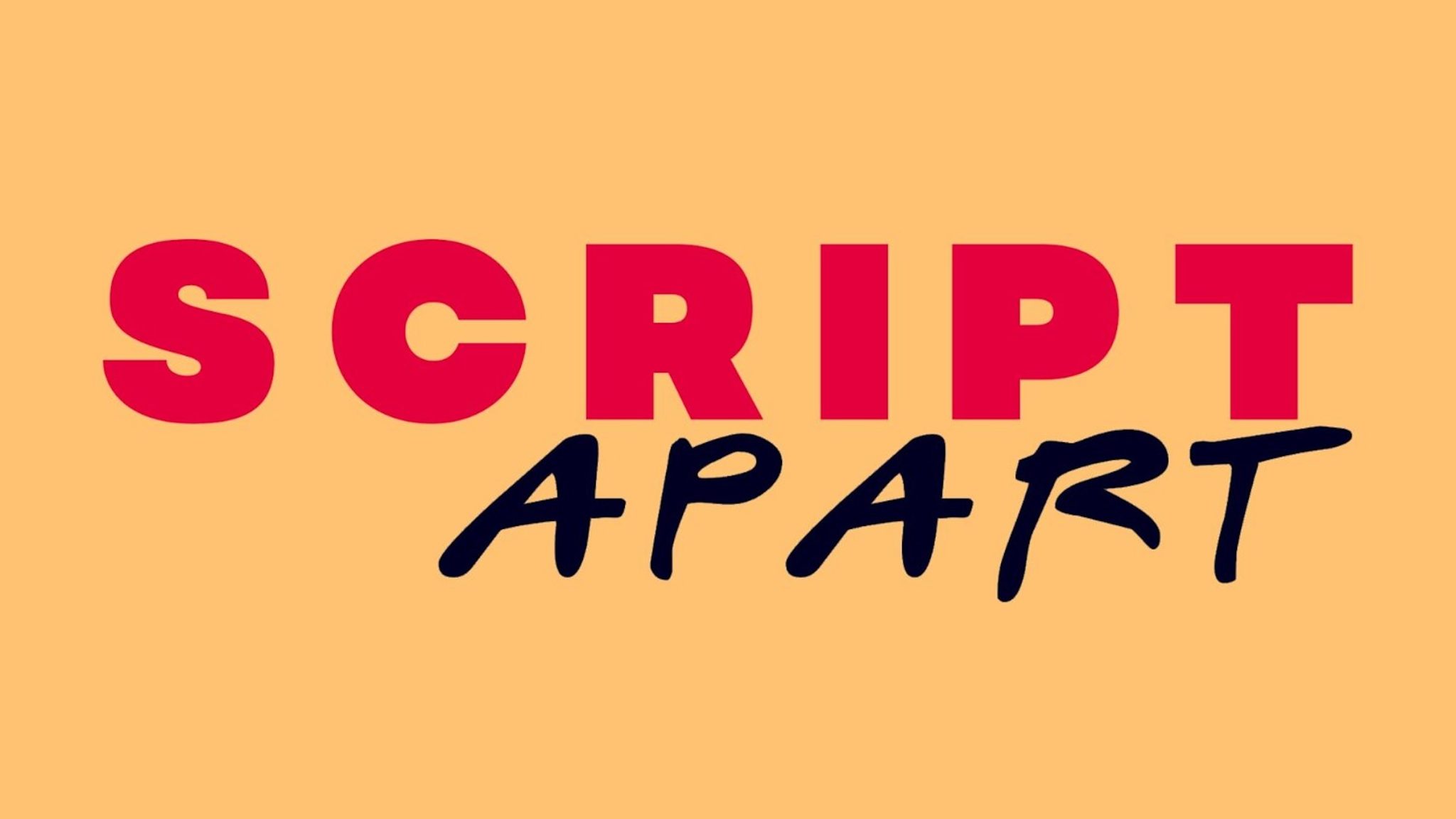Screenwriting Tips from Emma Thompson, Steven Knight, and James Shamus

The British Academy of Film and Television Arts (BAFTA) sat down with three accomplished screenwriters: James Shamus (The Ice Storm and Crouching Tiger, Hidden Dragon), Steven Knight (Eastern Promises, Locke), and Emma Thompson (Sense and Sensibility, Nanny McPhee), asking questions from Twitter users. Scroll down for full video clips.
Here are some choice bits from their answers:
@DavidFPoole: What levels of detail should you go into for a treatment & outline?
James Shamus (The Ice Storm and Crouching Tiger, Hidden Dragon): Think about what it is like to be a really busy assistant. Understand that the treatment needs to get them into a state of anticipation and excitement.
Steven Knight (Eastern Promises, Locke): Treatments are not my favorite. It’s best to give as much detail as you can. Most of mine end up being around 15 pages.
Emma Thompson (Sense and Sensibility, Nanny McPhee): I never write treatments because I hate them so much. It should just be short, sharp, and funny.
@culture_addict: On average, how many draft scripts do you find yourself writing until you are happy and satisfied with your work?
Steven Knight: “Happy and satisfied” is difficult. I like the Hollywood system because it’s structured. You are normally required to do three drafts and two polishes.
James Shamus: This is a perfectly reasonable question that presupposes that I am ever happy or satisfied with my work. A new draft is essentially that point in time when you are required to hand over your work to the producers, and therefore call it a draft and, you hope, get paid for that draft.
Emma Thompson: I know writers who could write really great screenplays in one go. I’ve never done that. Sense and Sensibility was 17. Nanny McPhee I don’t know how many it was.
@LizLockhart1985: Do you have any tips on keeping up the momentum in your plot and avoiding lulls, especially if writing a feature film or TV series?
Steven Knight: Make sure that your characters all speak differently, because it’s tempting to have one voice all the way through, but that shows.
Emma Thompson: There should be an event in every scene. “What’s the event?” That’s what Mike Nichols always says.
James Shamus: I have no tips whatsoever about that because I actually like lulls. If you don’t have lulls and you don’t have a loss of momentum, then basically you’re putting people into a blender and asking them to survive the experience.
@PenlandKW: How do you decide on the best point in the story to open the script? And do you write out of order as scenes inspire?
Emma Thompson: Well start writing, then when you get to the end of it, try throwing out the first three scenes. See what happens. And do I write out of order? No, not at all. I don’t think I could do that.
James Shamus: Yes, I write out of order, not as scenes inspire, but as a way of filling the time when I lack inspiration to continue working in some kind of narrative progression.
Steven Knight: It’s always satisfying if there’s a single event that is like the pebble in the pond that causes all these other things to happen. It’s got a neatness to it. I don’t write out of order, even though it probably would be a good idea.
@RiazMMM: Stage directions? Do you need them?
James Shamus: One needs stage directions in screenplays for any action that helps along the narrative or determines character as part of your vision.
Steven Knight: Yes, definitely. I believe when you write a script, you’ve got a picture in your head, the picture of the film in your imagination. What you want to do is get it as close to that as physically possible.
Emma Thompson: If the stage directions are very well written, I’m much more likely to take the writer seriously. If the stage directions are lazy or banal, I get bored very quickly. I make my stage directions as funny as I can.
@Myles_Wills: How far is the screenwriter involved in the finished product?
Emma Thompson: Sometimes not at all. Sometimes the screenwriter has been long forgotten and disposed of, possibly even killed and buried.
James Shamus: There are many instances in which a screenwriter provides a blueprint in the scripts and is given an envelope with cash and a handshake and then thrown over a bridge. There are other films in which the screenwriter is welcome to see cuts and give his or her opinions.
Steven Knight: If it’s an adaptation, the studio system is that a writer will be brought in, they will do their drafts. Another writer will be brought in, and another. Things are not really owned by the writer when it’s in that system, but it’s the system that pays the best, so you do need to cope with that. Then a point comes when you want to be more in control, which is what happened to me, and you end up directing.
You can watch the full interviews here:
Get Our Screenwriting Newsletter!
Get weekly writing inspiration delivered to your inbox - including industry news, popular articles, and more!


























